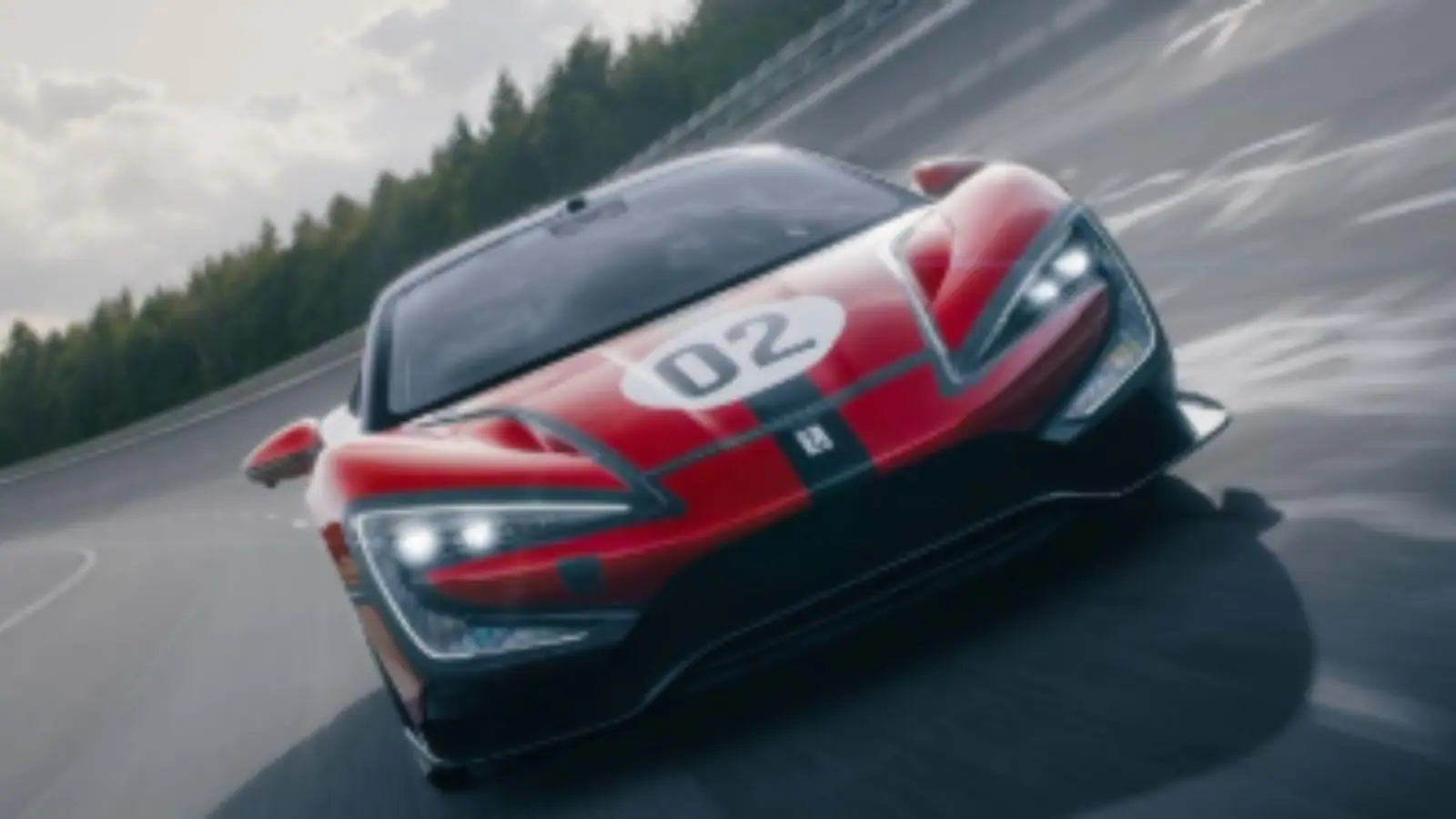By Auto Desk,News18
Copyright news18

U9 Extreme, an electric hypercar manufactured by China’s BYD company, has etched itself in the history books of the global automobile scene. China has always maintained esteemed standards as the world’s largest manufacturing industrial economy, and the U9 Extreme has emerged as the latest crown jewel in its legacy. It has defeated Bugatti Chiron Super Sport 300+ and become the world’s fastest car.
According to Ynet Global, a Yangwang U9 model achieved a stunning speed of 496.22 kilometres per hour (approximately 308.3 mph) and surpassed the previous record of 490.4 kph (approximately 304 mph) set by Bugatti Chiron Super Sport 300+ in 2019.
U9 Xtreme EV At Maximum Speed
A series of videos released by BYD celebrated the landmark achievement, offering glimpses of the tyre warm-ups ahead of the test run conducted by German test driver Marc Basseng. Basseng later on took the car to its peak speed, while a camera crew captured the moment.
View this post on Instagram
A post shared by Business Bulls | AI (@businessbulls.in)
According to Ynet Global, when the U9 Xtreme EV reached the verified top speed of 496 km/h (308 mph), the high-end vehicle formally took over Bugatti Chiron’s Super Sport 300+ as the fastest car ever. The carmakers have unofficially dubbed it the U9X and will be manufacturing only 30 units of one of the most exclusive cars on the planet.
U9 Xtreme EV Details
BYD’s electric hypercar U9 Extreme reportedly has 3,027 horsepower, supported by four electric motors using ultra-thin super silicon of 0.1 millimetres deployed in mass production for the first time. The horsepower easily exceeds the 1,287 hp of the car’s standard version. Each of the four motors provides a spin up to 30,000 rpm and produces 757 hp.
The U9 Extreme is also the world’s first car to boast a 1,200-volt electrical system, which provides a whopping 170 per cent more power density than even some of the world’s best-performing EVs carrying an advanced 800-volt system. This power system also drops the heat generation by 67 per cent in comparison to the 800-volt EVs. The electric car also comes with an advanced 80 kWh LFP Blade battery and ultra-fast 500 kW charging facility.



